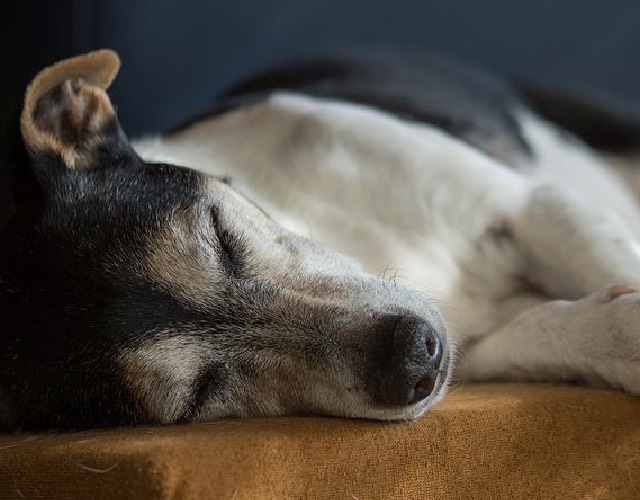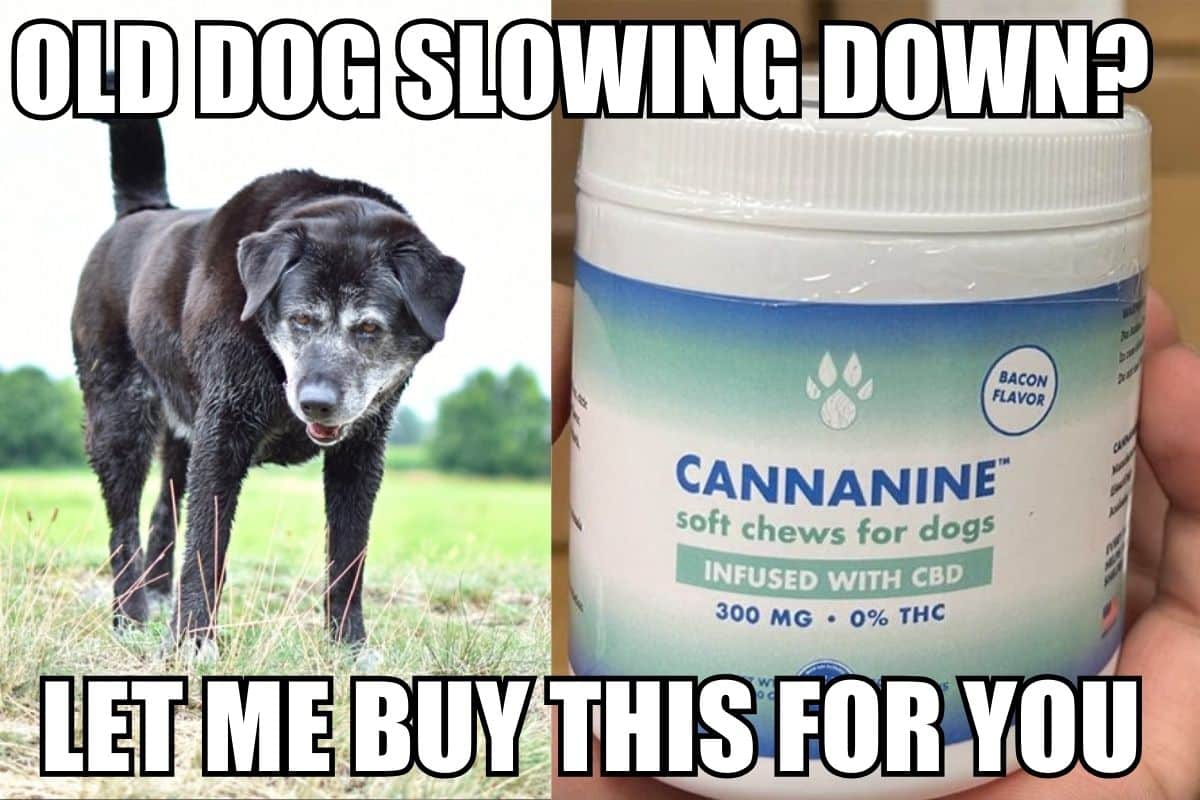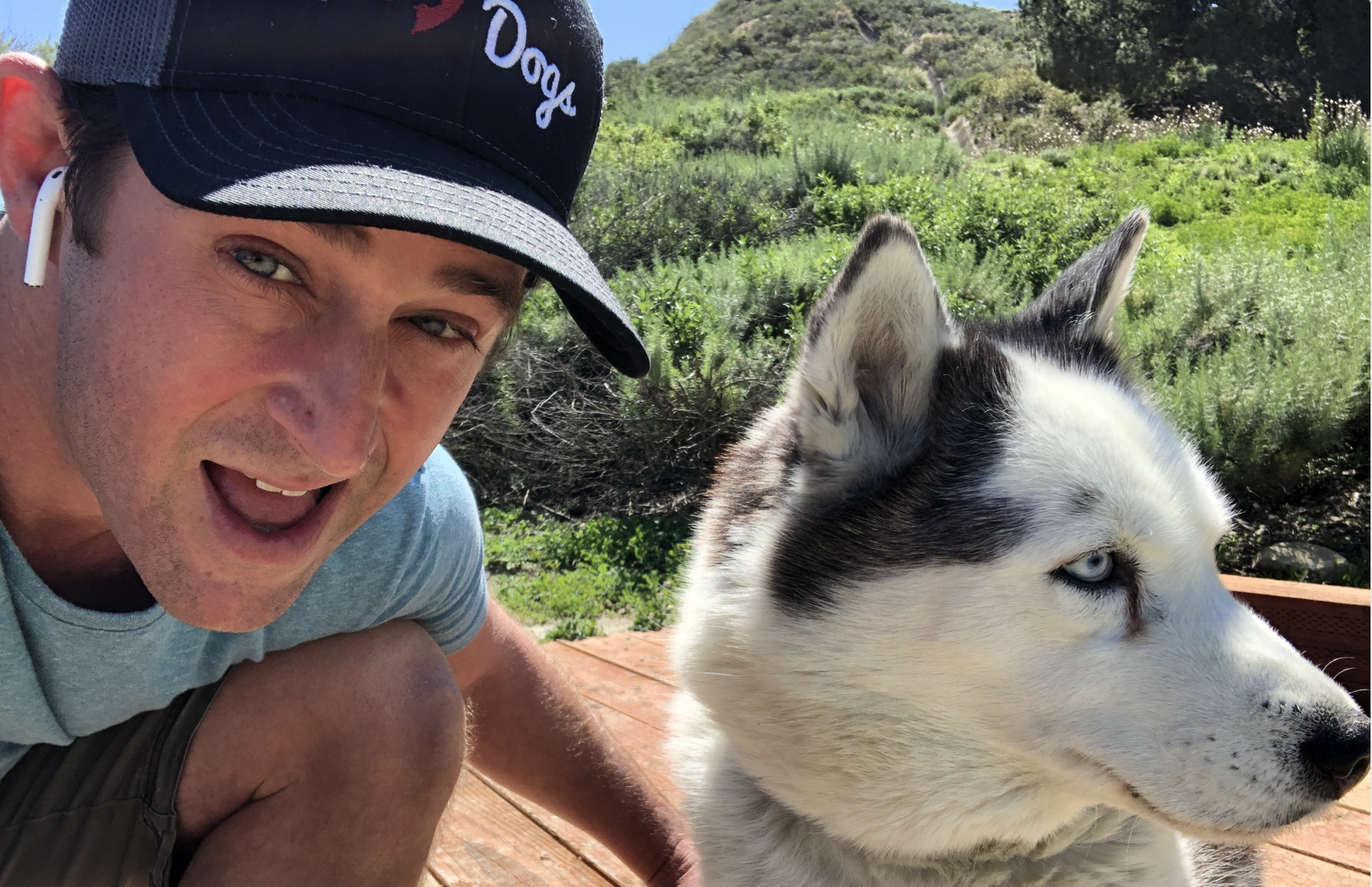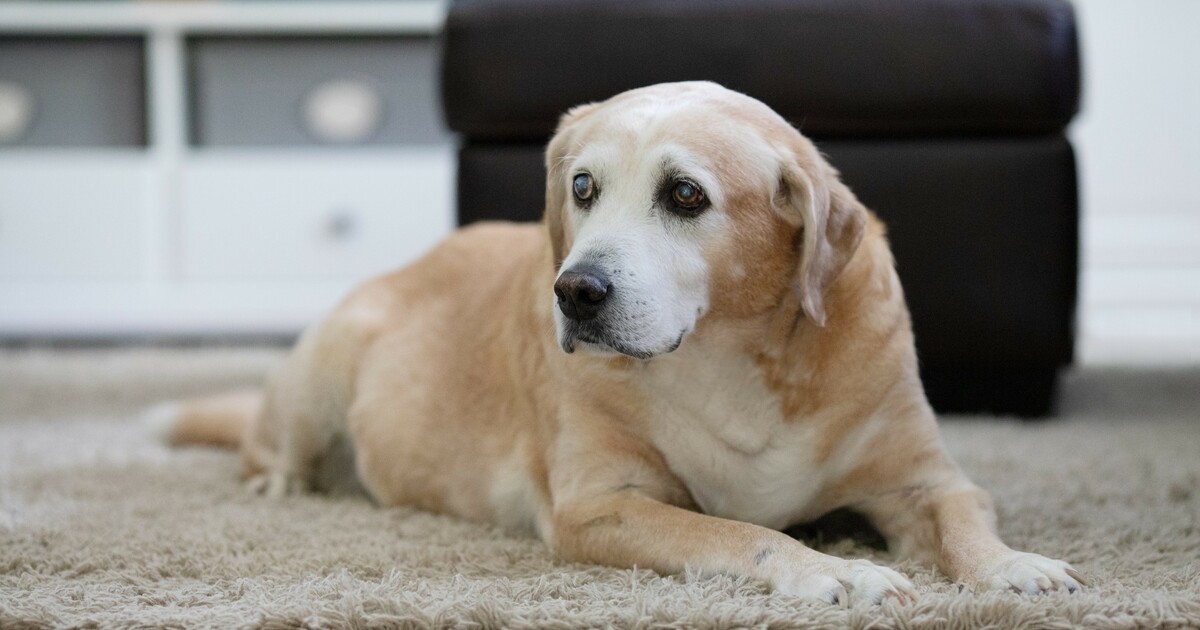
5 Things You’re Probably Normalizing That Are Actually Unhealthy For Your Senior Dog
Once we decide to adopt a dog into our family, it becomes our duty and responsibility to take care of and support them the best we can throughout their lives. But as our pets age, they require different kinds of care and have differing wellness needs from when they were young.
Our gray-faced, sleepy seniors require extra TLC they may not have needed when they were spry young pups. We also tend to normalize common aging changes that are actually signs of poor health. The good news is that your senior sweetie doesn’t have to suffer. These unhealthy changes can be treated or even reversed!
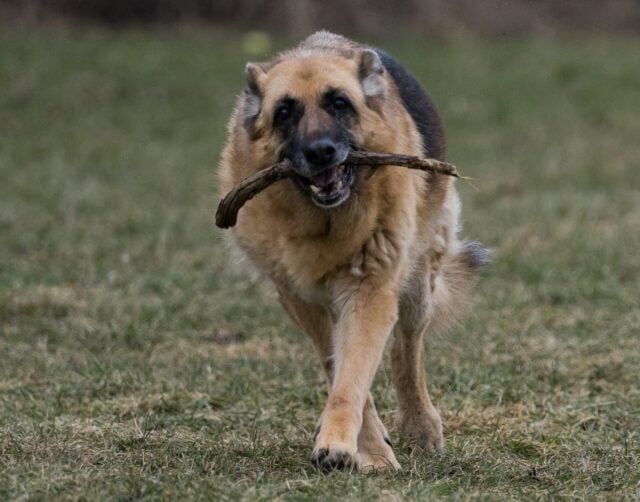
When Is A Canine Considered A Senior?
On average, our canine companions are considered seniors at seven years old. But it depends on the size and breed of your furry family member as to when they officially reach senior status.
Larger breeds age faster and generally have a shorter life expectancy than smaller breeds. So a Great Dane would be considered a senior by age six, while a tiny Chihuahua may not reach senior status until age eight or nine.
5 things you may be normalizing that are actually unhealthy for senior dogs.
1. Sleeping Too Much
When our sassy seniors start to slow down, they may also opt to take an extra nap or two. While this may not seem like a big deal, allowing your senior to become too sedentary can affect them more than you may think.
Older dogs need to make sure they remain active. Regular, gentle exercise can help mitigate late-in-life weight gain and arthritis, improve blood flow, and keep their joints lubricated and flexible. Movement helps them stay mobile. Not to mention, an outdoor adventure is an almost immediate mood booster.
But as dogs age, factors like joint pain, obesity, and anxiety are some things that may be a deterrent to their daily exercise. Luckily, natural, effective remedies such as pet CBD can help make exercise more comfortable for your furry best friend.
Not only can CBD make exercising easier, but it can reduce the anxiety that often accompanies aging in our beloved pups.
2. Weight Gain
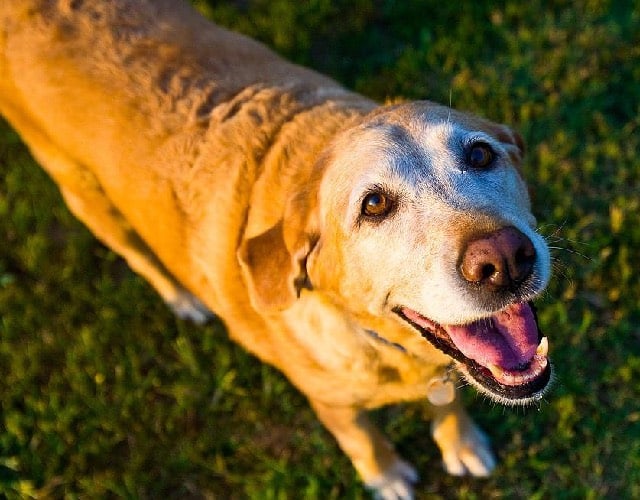
We know it can be highly enticing to share your table scraps with your dog when they’re chilling by your chair, giving you those big, beautiful begging eyes. But feeding them your leftovers can cause far more harm than it’s worth.
We all want our dogs to be as happy as they make us, but their momentary joy from obtaining a forbidden snack can lead to weight gain and other preventable problems such as joint pain and diabetes. As our dogs age, their metabolism starts to slow down. So extra calories may affect them more than they did when they were young pups.
Obesity exacerbates arthritis, so skip the extra treats and opt out of sharing your scraps.
3. Slowing Down On Walks
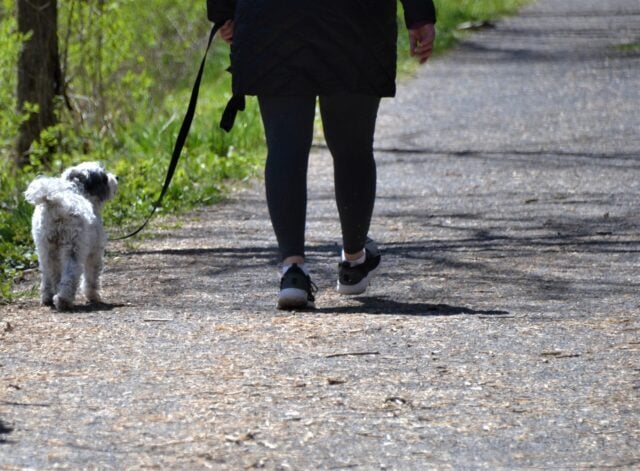
By all means, we want our canine companions to embrace their time outdoors and stop and smell the roses, so to speak. But if their entire walk is taken at a snail’s speed or if they’ve suddenly lost all interest in stepping outside, this may be a sign of a bigger issue at hand.
Your sweet senior could be experiencing arthritis or age-related anxiety due to hearing or vision loss. Our dogs will naturally slow down or have less energy as they get older, but if it’s a dramatic contrast to their former selves, they may be able to benefit from CBD supplementation.
4. Excessive Anxiety
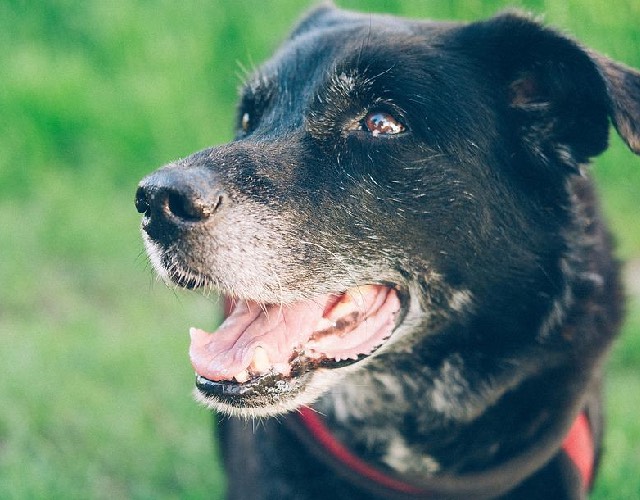
Older dogs are more prone to anxiety. This can be caused by the physical deterioration that often accompanies aging, such as unsteady gait, dry, itchy skin, or hearing and vision loss. These changes can be challenging and overwhelming, manifesting through multiple anxiety-related behaviors.
You may notice your senior pacing around the room, drooling, or excessively licking their paws. Anxiety may be to blame if you suddenly notice apprehension or less interest in formerly enjoyed activities. Their anxiety can be even more evident when they’re visiting unfamiliar places.
Thankfully, so many dog owners swear by CBD, noting the many ways it aids in reducing their dog’s anxiety.
5. Passing On Play
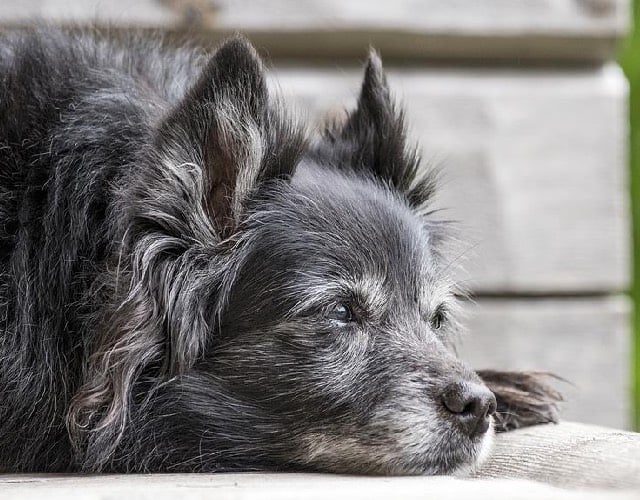
Do you remember the days of spending hours in the backyard, throwing the same squeaky toy over and over? Or maybe your furry best friend liked to play far more frequently when they were younger? Well, there’s a chance those days haven’t completely come and gone.
Loss of interest in play can result from several things, like the inability to move as easily or swollen joints. Or perhaps your pup is experiencing some anxiety. Either way, we’re guessing you aren’t the only one who misses those play-filled days.
Many pet parents find that their senior dogs feel so much better with CBD supplementation that they begin to romp and play again just like they did as pups!
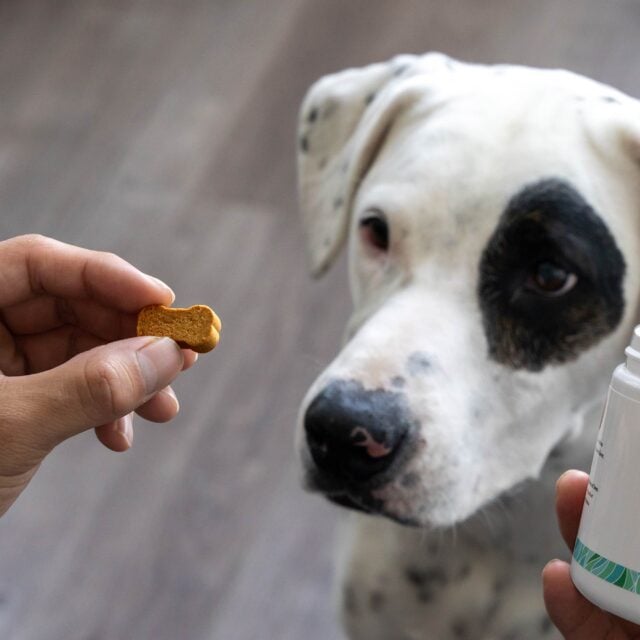
Which CBD Product Is Best For Senior Dogs?
By reducing these common yet unhealthy aging changes, Cannanine™ Ultra-Premium Broad Spectrum CBD Hemp Oil can help your older dog ease into their new set of needs and make them more comfortable as they adjust to life as seniors.
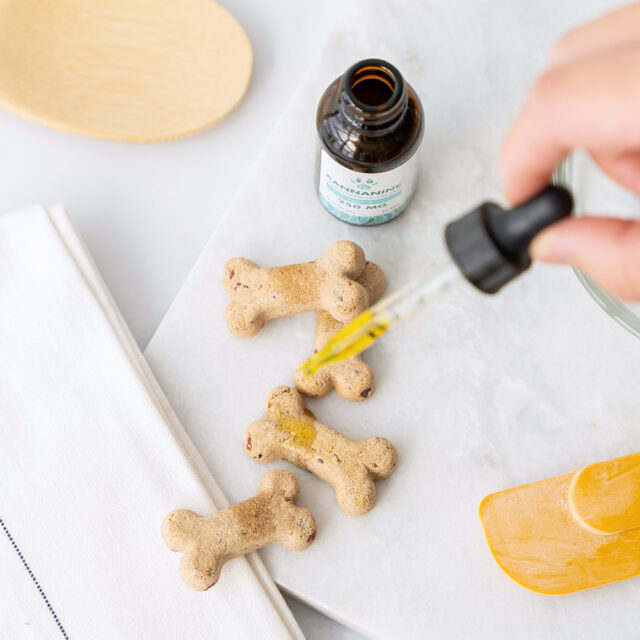
Cannanine™ is made especially for dogs, and it’s one of the few products on the market that contains absolutely no THC. It’s also easy to deliver. It is also tested to ensure every product is free of heavy metals, bacteria, and other toxins. Cannanine is meant for dogs, but it’s made with human-grade ingredients guaranteed to be safe for your pup.
When you choose Cannanine CBD products, you not only get the top-quality, laboratory-tested ingredients your furry friend deserves, but you also gain access to our knowledgable health support specialists. They will gladly answer any of your questions or walk you through selecting the best option for your canine companion.
Learn more about how Cannanine CBD can help your senior dog thrive, or start shopping now!
These statements have not been evaluated by the Food and Drug Administration. This product is not intended to diagnose, treat, cure, or prevent any disease. The information on this website is not intended to replace a one-on-one relationship with a qualified healthcare professional.

